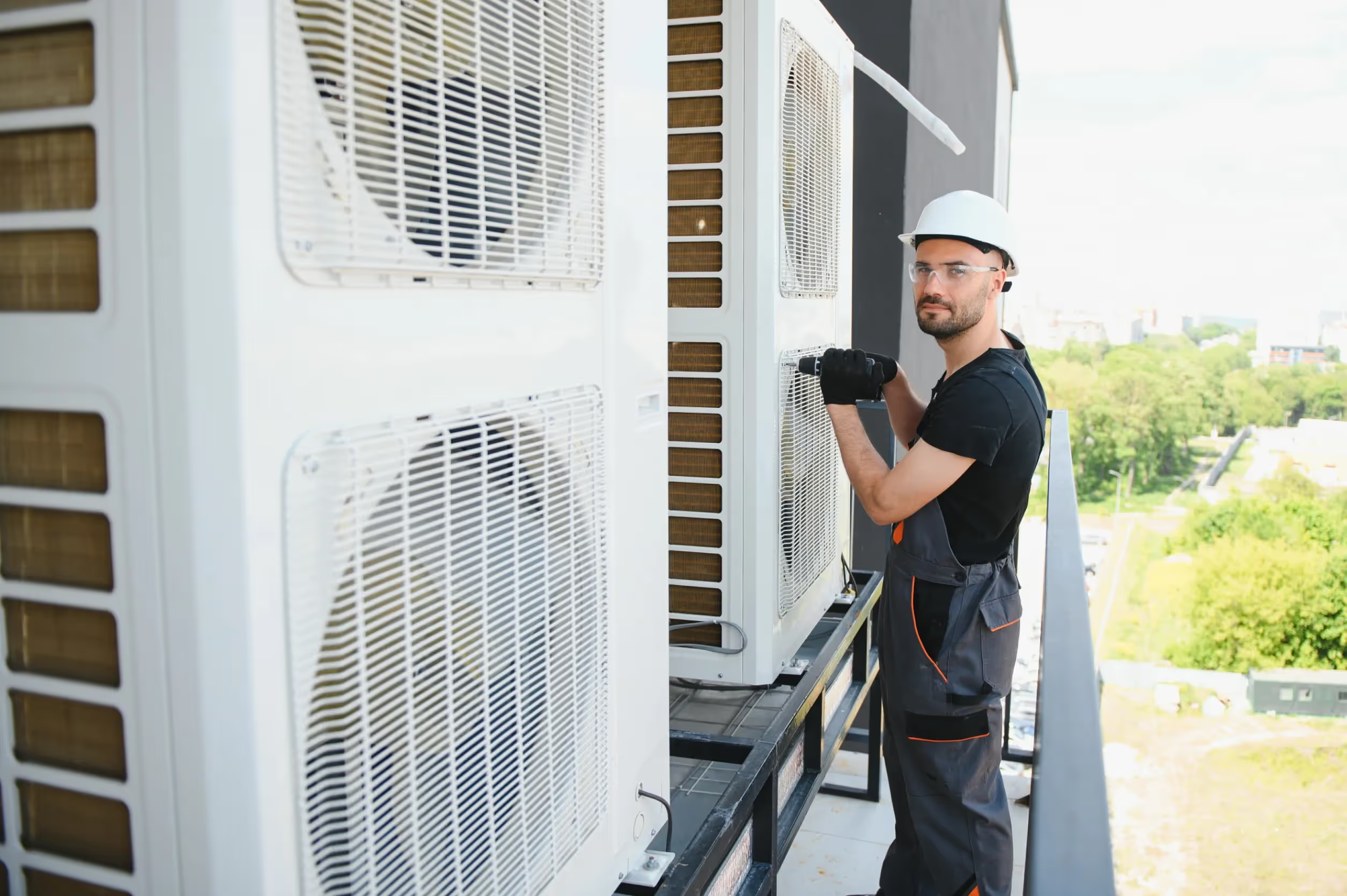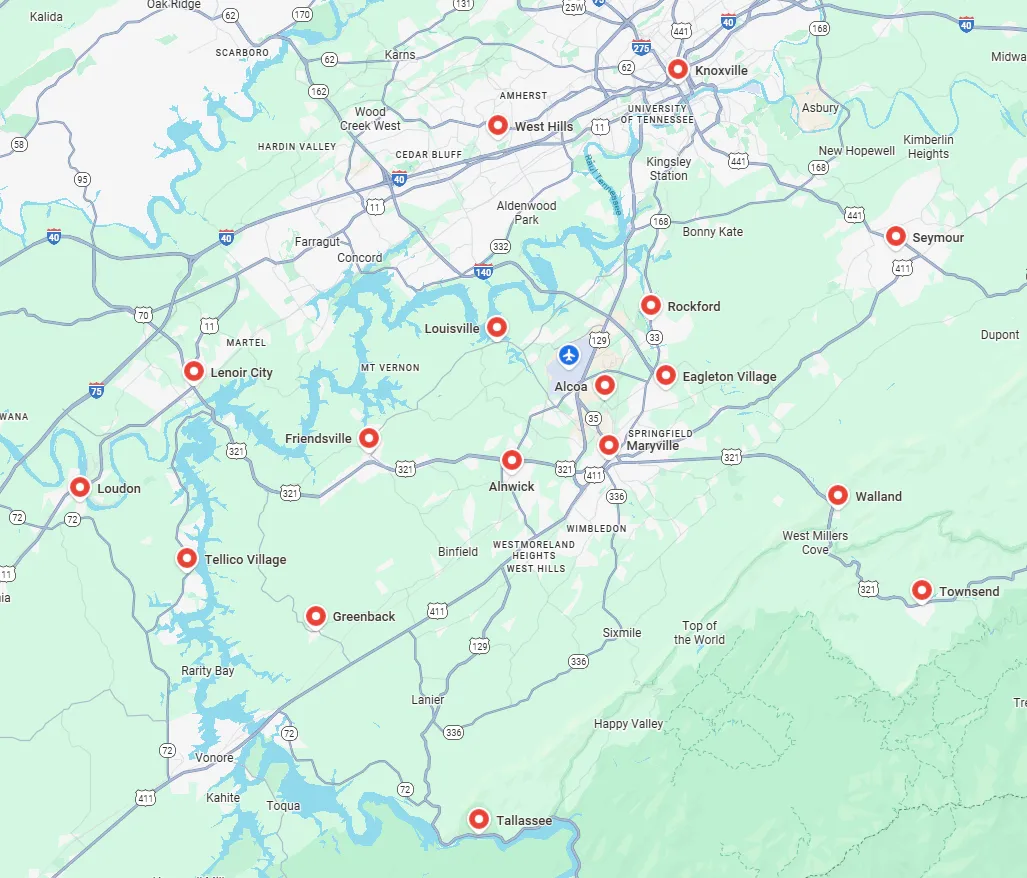How to Choose the Right HVAC System for Your Home

How to Choose the Right HVAC System for Your Home
Selecting the right HVAC (Heating, Ventilation, and Air Conditioning) system for your home is crucial for ensuring comfort, energy efficiency, and cost savings. With numerous options available, making the best choice can seem overwhelming. This guide will walk you through the essential factors to consider when choosing the right HVAC system, ensuring your home remains comfortable year-round.
Understanding HVAC Systems
Before diving into the selection process, it’s important to understand the different types of HVAC systems available:
- Split Systems: These systems have components both inside and outside the home. They are the most common type of HVAC system and include a furnace, an air conditioner, and a heat pump.
- Hybrid Systems: Similar to split systems, but with a heat pump that can switch between electric and gas power to optimize energy use.
- Ductless Systems: These systems are ideal for homes without ductwork. They consist of an outdoor unit and one or more indoor units, providing targeted heating and cooling.
- Packaged Systems: All components are housed in a single unit, typically placed on the roof or near the foundation. These systems are often used in homes without basements.
- Geothermal Systems: Utilize the earth’s constant temperature to heat and cool the home. These systems are energy-efficient but have higher upfront costs.
Assessing Your Home’s Needs
To choose the right HVAC system, you must first assess your home’s specific needs:
- Climate: The local climate plays a significant role in determining the best HVAC system. For example, homes in colder climates may benefit more from systems with robust heating capabilities.
- Home Size and Layout: Larger homes may require more powerful systems or multiple units to ensure even heating and cooling. Consider the layout, including the number of floors and the placement of rooms.
- Insulation: Proper insulation helps maintain the desired temperature, reducing the load on the HVAC system. Check the insulation in your walls, attic, and basement.
- Existing Ductwork: If your home already has ductwork, it can influence your choice. Ensure the ductwork is in good condition and properly sealed to avoid energy loss.
Efficiency Ratings
Energy efficiency is a key factor in choosing the right HVAC system. Higher efficiency systems cost more upfront but can save money in the long run through reduced energy bills. Here are some important ratings to consider:
- SEER (Seasonal Energy Efficiency Ratio): Measures the cooling efficiency of air conditioners and heat pumps. Higher SEER ratings indicate better efficiency.
- HSPF (Heating Seasonal Performance Factor): Measures the heating efficiency of heat pumps. A higher HSPF rating means greater efficiency.
- AFUE (Annual Fuel Utilization Efficiency): Measures the efficiency of gas furnaces. Higher AFUE ratings signify better energy use.
- Energy Star Certification: Look for systems with Energy Star certification, indicating they meet strict energy efficiency guidelines set by the Environmental Protection Agency (EPA).
Budget Considerations
Budget is a major factor when choosing an HVAC system. Consider the following cost components:
- Upfront Costs: Include the price of the unit and installation fees. Higher efficiency systems typically have higher initial costs.
- Operating Costs: Include monthly energy bills. More efficient systems can lead to significant savings over time.
- Maintenance and Repair Costs: Factor in regular maintenance and potential repair costs. Some systems require more frequent servicing than others.
- Rebates and Incentives: Check for available rebates and incentives from local utilities or government programs that can offset the initial costs.
Professional Assessment and Installation
A professional assessment of your home’s HVAC needs is essential for making an informed decision. HVAC contractors can conduct load calculations to determine the appropriate system size and type. Proper installation is also crucial for system efficiency and longevity. Poor installation can lead to performance issues and higher energy bills.
Choosing the Right Features
Modern HVAC systems come with a range of features that enhance comfort and convenience:
- Programmable Thermostats: Allow you to set schedules for heating and cooling, optimizing energy use.
- Zoning Systems: Enable different areas of your home to be heated or cooled independently, improving comfort and efficiency.
- Air Quality Enhancements: Include filters, humidifiers, and air purifiers that improve indoor air quality.
- Smart Technology: Smart HVAC systems can be controlled remotely via smartphone apps, offering greater convenience and energy management.
Environmental Impact
Consider the environmental impact of your HVAC system choice. High-efficiency systems not only save money but also reduce your carbon footprint. Geothermal systems and other renewable energy options offer eco-friendly alternatives to traditional HVAC systems.
For expert advice and professional HVAC services, contact Everest Air - Heating & Cooling.
FAQs about Choosing the Right HVAC System
Q: What is the most efficient type of HVAC system?
A: Geothermal systems are among the most efficient, leveraging the earth’s stable temperature. However, high-efficiency split systems and hybrid systems are also excellent choices.
Q: How do I determine the right size of HVAC system for my home?
A: A professional load calculation, which considers factors like home size, insulation, and climate, is essential for determining the right system size.
Q: What is the difference between SEER and HSPF ratings?
A: SEER measures cooling efficiency, while HSPF measures heating efficiency. Both ratings are important for evaluating heat pumps.
Q: How often should HVAC systems be serviced?
A: It’s recommended to have your HVAC system serviced at least once a year. Regular maintenance ensures efficiency and prolongs system life.
Q: What are the benefits of ductless HVAC systems?
A: Ductless systems offer flexibility, easy installation, and targeted heating and cooling, making them ideal for homes without existing ductwork.
Q: Can I install an HVAC system myself?
A: HVAC installation is complex and requires professional expertise. Improper installation can lead to performance issues and safety hazards.
Q: Are there any tax incentives for installing energy-efficient HVAC systems?
A: Yes, many local and federal programs offer rebates and tax incentives for installing energy-efficient HVAC systems. Check with your local utility company for details.
Q: How do programmable thermostats save energy?
A: Programmable thermostats allow you to set schedules for heating and cooling, ensuring the system runs only when needed, thus saving energy.
Q: What factors affect HVAC system efficiency?
A: Factors include system type, size, installation quality, home insulation, and maintenance. Regular servicing and proper use of programmable thermostats can also enhance efficiency.
Q: What should I look for in an HVAC contractor?
A: Look for licensed, insured contractors with good reviews and references. A reliable contractor will provide detailed assessments and transparent pricing.
For more information and to schedule a professional consultation, visit Everest Air - Heating & Cooling.





